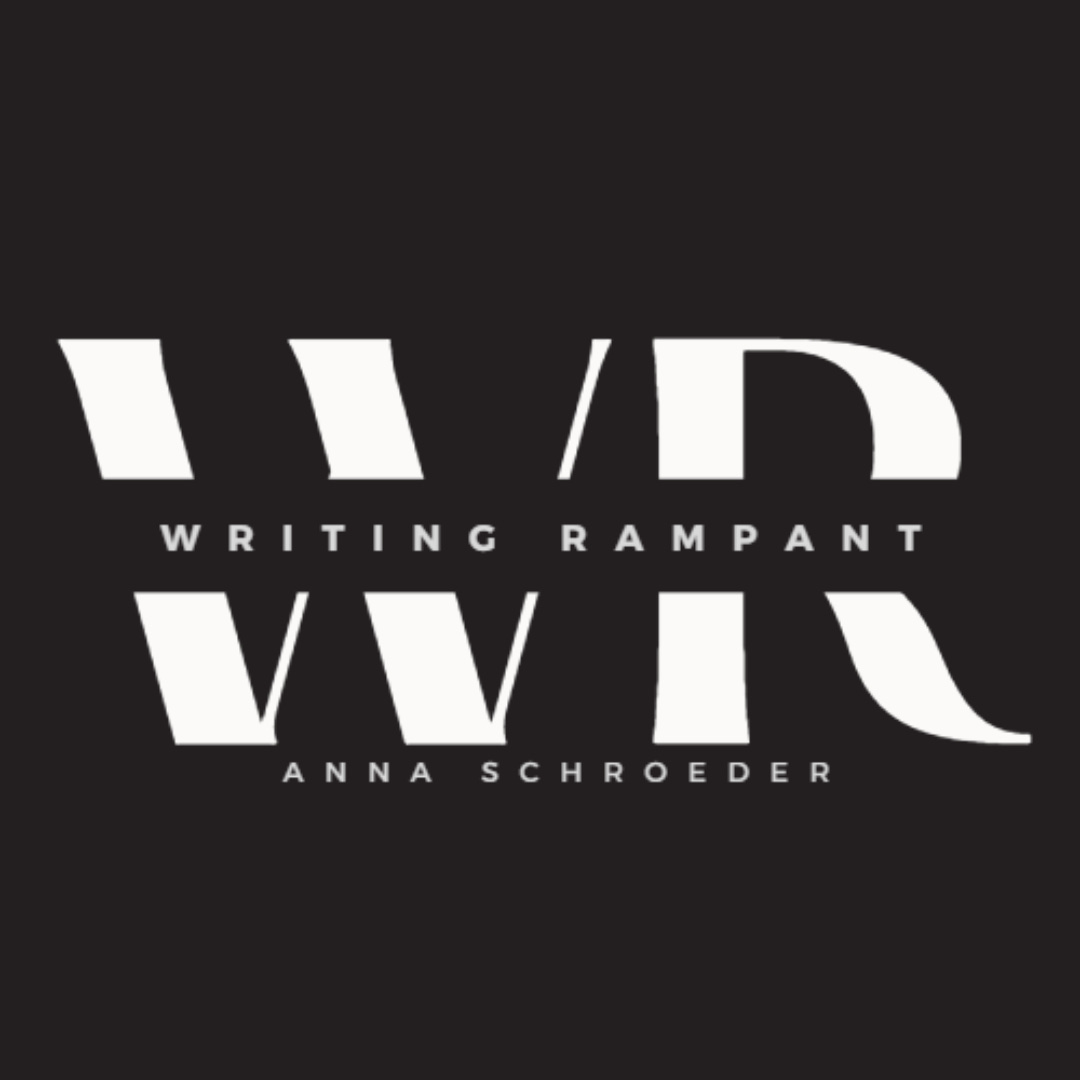We love them. We hate them. We roll our eyes at them.
Every story consumer has some they will read/watch without questioning. Mine are giant robots and lady scientists. (Pacific Rim? **chef kiss**) Some, we will refuse to finish when presented with a certain trope. Overheard conversation that drives the main characters apart when a simple conversation would end the plot’s tension? Ugh. No, thanks.
There are certain elements of a story that must exist in order for it to be a story. There is an inciting incident. There is some sort of conflict with a plot climax and the resolution of the tension.
I always feel these terms - conflict, tension, inciting - carry such dramatic weight. But the ‘tension’ in a story can be as benign as not liking green eggs and ham. Inciting incident? Sam-I-Am offers the unnamed protagonist a plate of the above. The climax: he tastes them. Resolution? He likes them enough to eat them in house and with a mouse.
Genre fiction relies on established tropes as a framework for the story. Knowing these is one of the duties of a writer in order to sell (literally and figuratively) your story to the reader. A reader picking up a ‘thriller’ and finding a historical family drama will put said book back down and likely give your writing a pass next they see it.
But that doesn’t mean you can’t play with things a bit.
My fantasy novel, The Lost Hero, is in the ‘epic fantasy’ genre. There are magic swords, battles between good and evil, heroes, fantastical beings. It’s a genre I know well; I’ve been reading it since I could read.
The ‘Hero’s Journey’ is a story-telling framework often used for fantasy. It was codified by James Campbell in the mid-twentieth century but had been defined many times before. It is often depicted as a circle with touch points that propel a protagonist through their plot. There are key characters that enter and leave the hero’s life to assist or hinder him.
Lord of the Rings, Star Wars, every Disney movie; they can all be fit into this framework.
So, I asked myself: what if I wrote a fantasy story from the end of the journey? What if the beginning of the book starts at step 7 or 8, just before the great ordeal? What if the hero loses?
What if it was all a lie?
Immediately, I have new tension, new conflict. I can take the tried-and-true elements of the fantasy framework and turn them on their heads. I can experiment with different character arcs and mix up this genre I am so familiar with into something surprising.
It can be as simple as asking yourself these same questions. What if I told the story backwards? What if I framed this Modern Police Procedural as a Western? What if the antagonist in a Thriller is actually being used by the protagonist?
Isn’t that what storytellers do best? Ask ‘what if?’
My first book, Archer 887, was a 2022 Indies Today Awards Contest Finalist, and is on sale now through online book retailers. Pick up a copy, leave a review, and let me know what you think!
If you enjoyed this post, please consider subscribing. I post original short stories, book reviews, and writing advice, as well as my process as I edit my newest novel (I still can’t think of a title…). I will be querying it for traditional publication; subscribe to follow along as I work through that whole process!
Paid subscribers receive access to my complete, full-length fantasy novel, The Lost Hero, the first in my fantasy series. Once it is through final design production, you can get a free copy, either eBook or print!
Follow me on socials (Instagram, Facebook, Twitter, and Pinterest) and never miss a post!
I also write about my work as an RN on my Substack: This Is My Nurse Face. Crazy stories, advice, and vents about inpatient nursing. Blood, guts, snort laughing: all the best things.
Thanks for reading!







